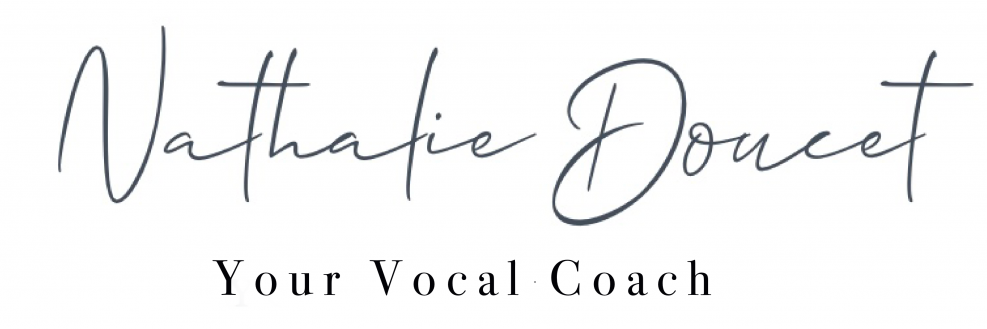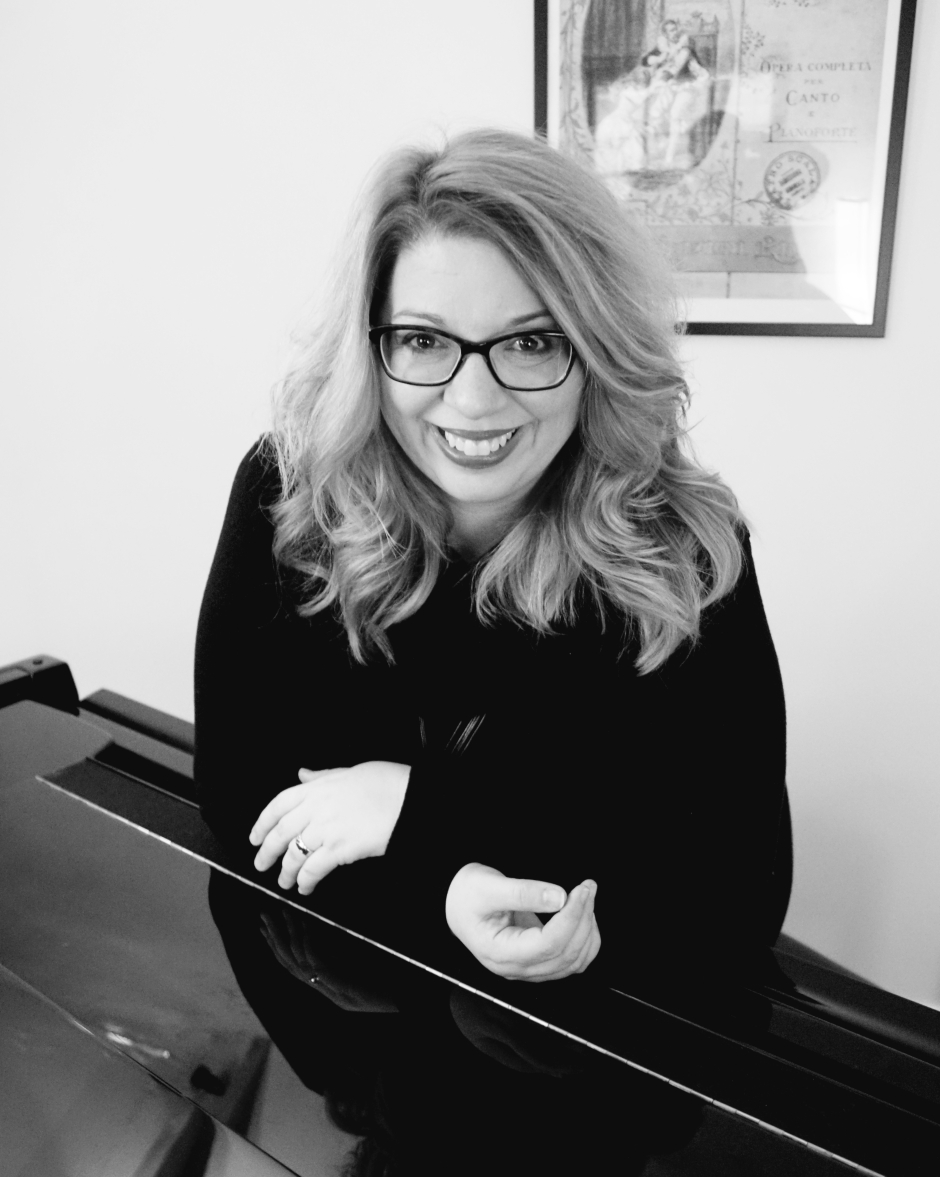
The French language has fifteen vowel-sounds. I say this every year at the start of my French Lyric Diction class as the students’ eyes widen. I can almost hear them thinking “Fifteen? How is that possible? How can I sing fifteen different vowel sounds?” That seems like a lot and it can be quite daunting if you are a singer starting out singing in this language. The three vowel-sounds that I would like to focus on in this little French Lyric Diction post, are the three mixed vowel-sounds [œ] [ø] and [y].
When I say “vowel-sound” I don’t mean a pure vowel. The vowels we all know from when we first learn how to read are a, e, i, o, and u. Think of all the french vowel-sounds as derivatives of these. Some vowel sounds are even based on the derivatives of the derivatives. A mixed vowel is when you take two characteristics of two different vowels and as you combine them you create a whole new vowel. They are called “mixed” because their formation is dependent on the simultaneous positioning of the tongue and the lips.
In the chart above, we see the vowels in the tongue position, and the vowels in the lip position, in the middle are the mixed vowels.
The Phonetic [y] vowel-sound:
- Phonate the [i] sound, as in the French word “midi” [miˈdi] (noon) or if you wish to come from the English language the [i] in the word “we”.
- Now, sustain this [i] sound, as you do so, form your lips to the shape of a closed [o] as in the word “rose” [rozə] in French (or English) all the while not changing your [i] tongue position.
- You now magically have the phonetic [y] vowel as in the French word “lune” [lynə] (moon).
The o-slash vowel:
- Phonate an open [ɛ] as in the French word “tête” [tɛtə] (head) or from the English language, the word “feather”
- Again, sustain this [ɛ] and as you do so, form your lips to the shape of a closed [o] while not changing your tongue position.
- You now are making the sound of [ø] as in the word “feu” [fø] (fire).
The o-e vowel is a little different:
- Start out in the same way you did with the o-slash: phonate on an open [ɛ].
- While sustaining this vowel, you will form your lips into an open [ɔ] as in the French word “homme” [ɔmə] (man) or from the English you can think of the word “on”. So this is less of a closed [o] formation than we used above. (If it starts sounding like [ø], turn back you have gone to far towards a closed vowel with your lips!)
- You now have a perfect o-e vowel, and you can now perfectly sing the word “coeur” [kœr] (heart)
- Nota bene: the Schwa [ə] sound is equivalent to the [œ]. They have the same sound, the difference is that the schwa can never be stressed while the [œ] can be stressed. Example: émeute [eˈmøtə] (riot) while singing this word, the stress is on the o-slash and you would sing the schwa unstressed if it has a note value.
As you sing, if you think about the vowel that you are making with your tongue and just adjust your lips, you can avoid going too far between sounds, and your singing and legato will feel easier, especially depending on the tessitura in which you are singing.
Example:
Intonate these words, all the while keeping your tongue in the [i] position while forming your lips into a closed [o] when reading words with [i] or [y] sounds.
Tu dis qu’il a une fille unique. (You say that he has an only daughter.)
[ty di kil a ynə fij ynikə]
Looking at the phonetic transcription, you have only 2 vowels ([a] and [i]) and two vowel-sounds ([y] and [ə]). The [y] and [i] are the ones you want to practice here. Glide to and from these vowels, see how it feels to not change the tongue position. Try it on different pitches to practice. Do the same with the other mixed-vowels until you master singing them, it will feel easier and your voice will most definitely respond!
Singing in French can be a very scary thing. I am not going to lie to you and tell you that it is easy. But with a few tools, it can definitely be more singer-friendly and as you practice, you will really learn to enjoy singing in this beautiful language.





You must be logged in to post a comment.